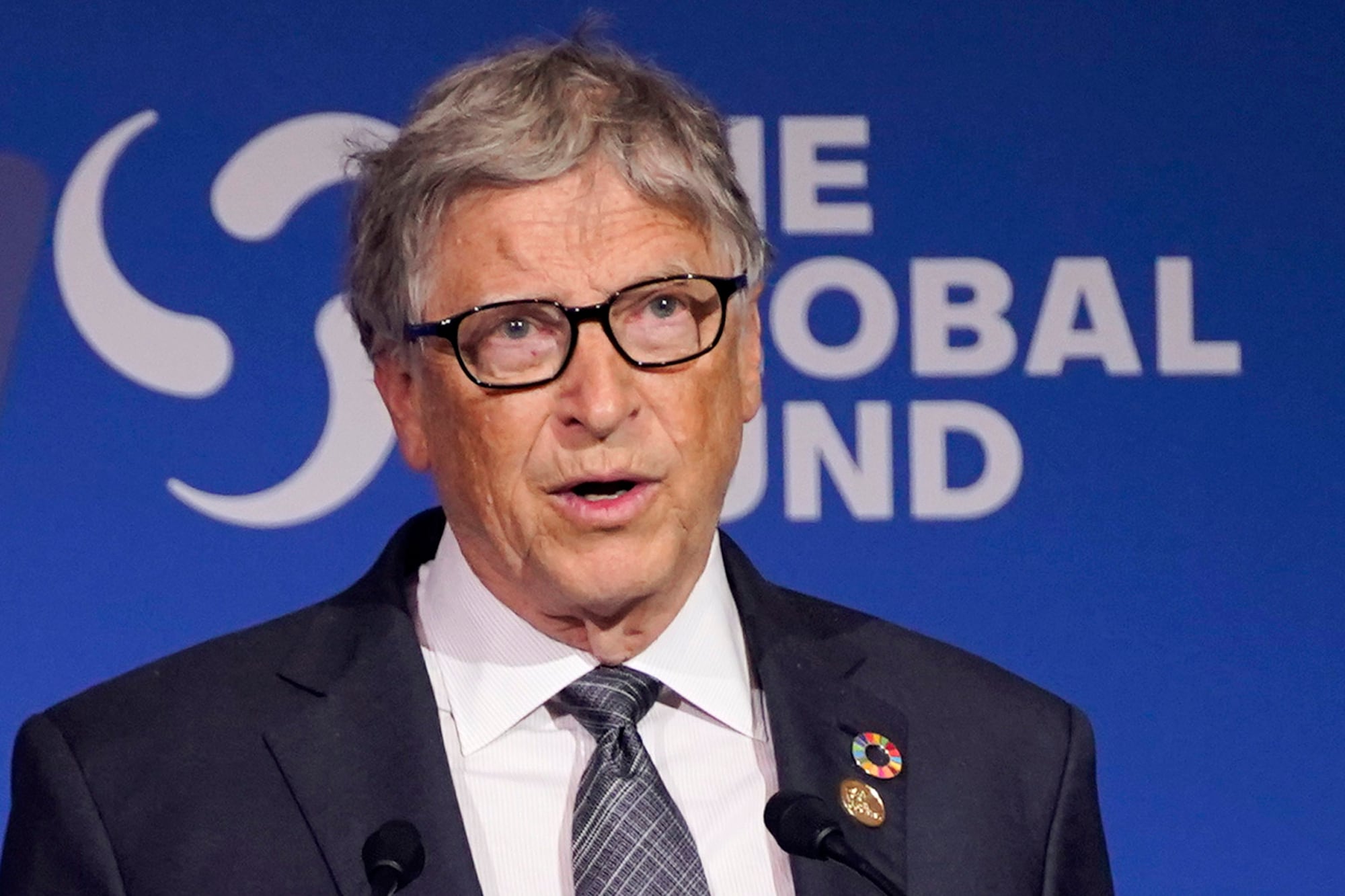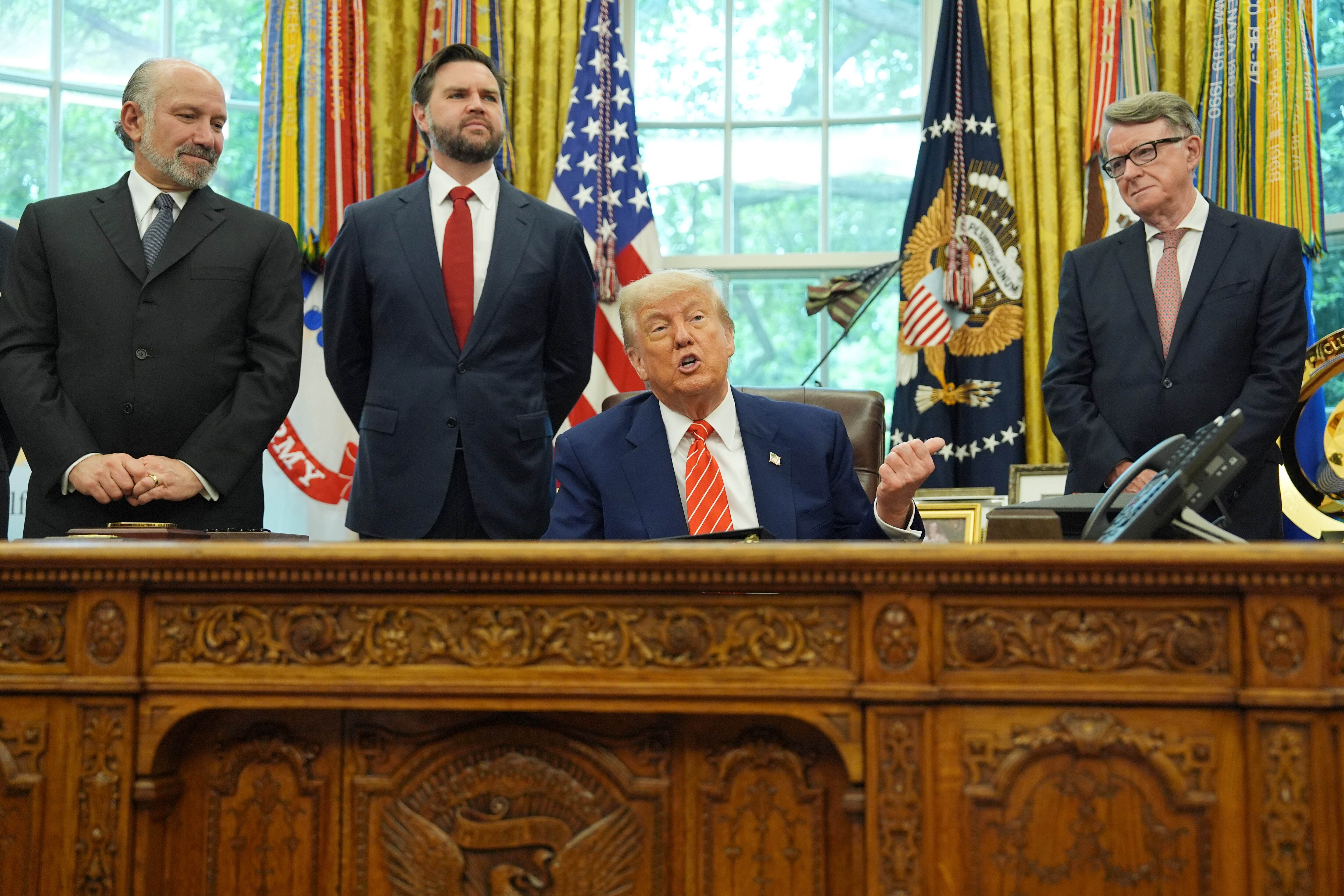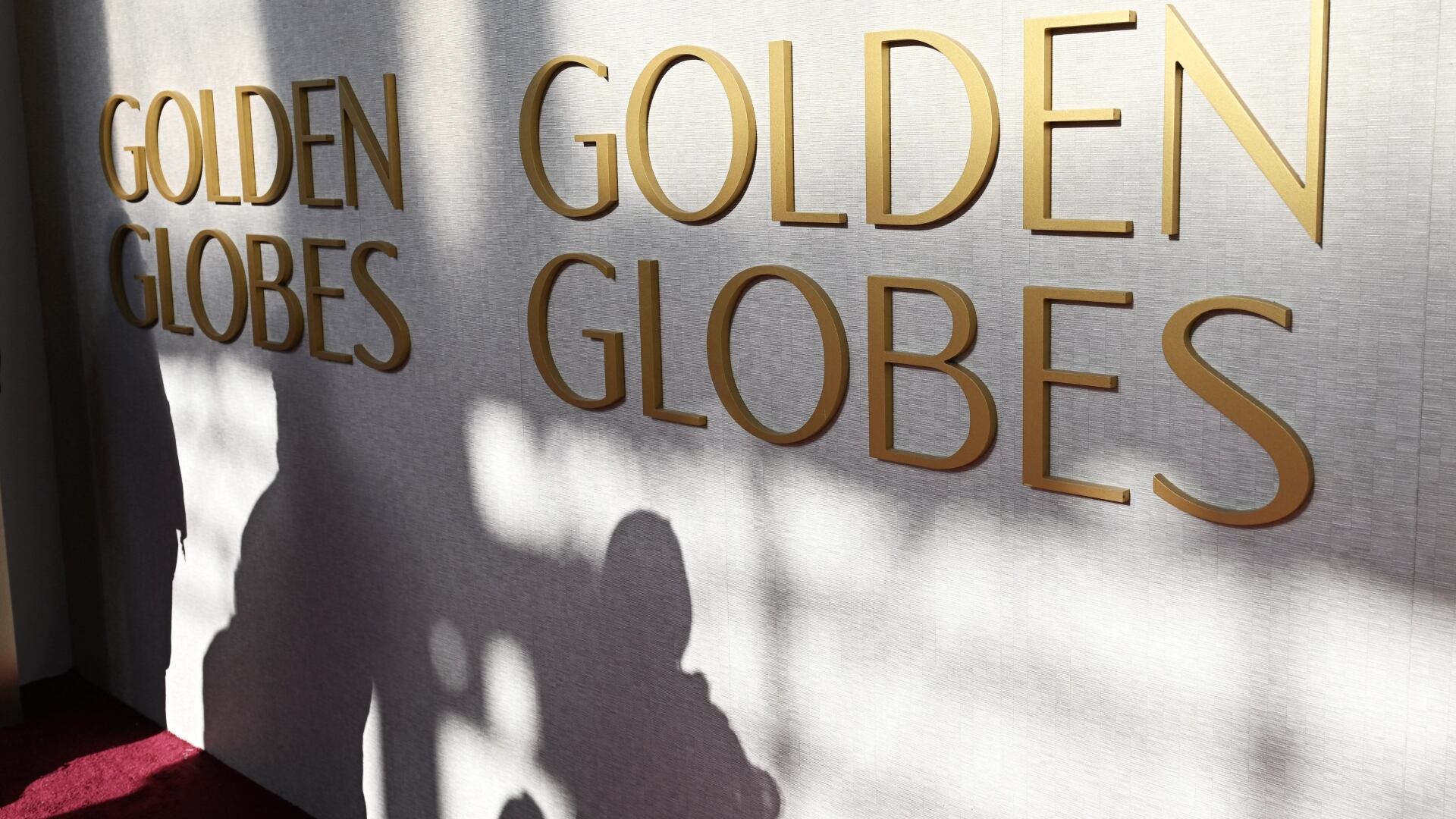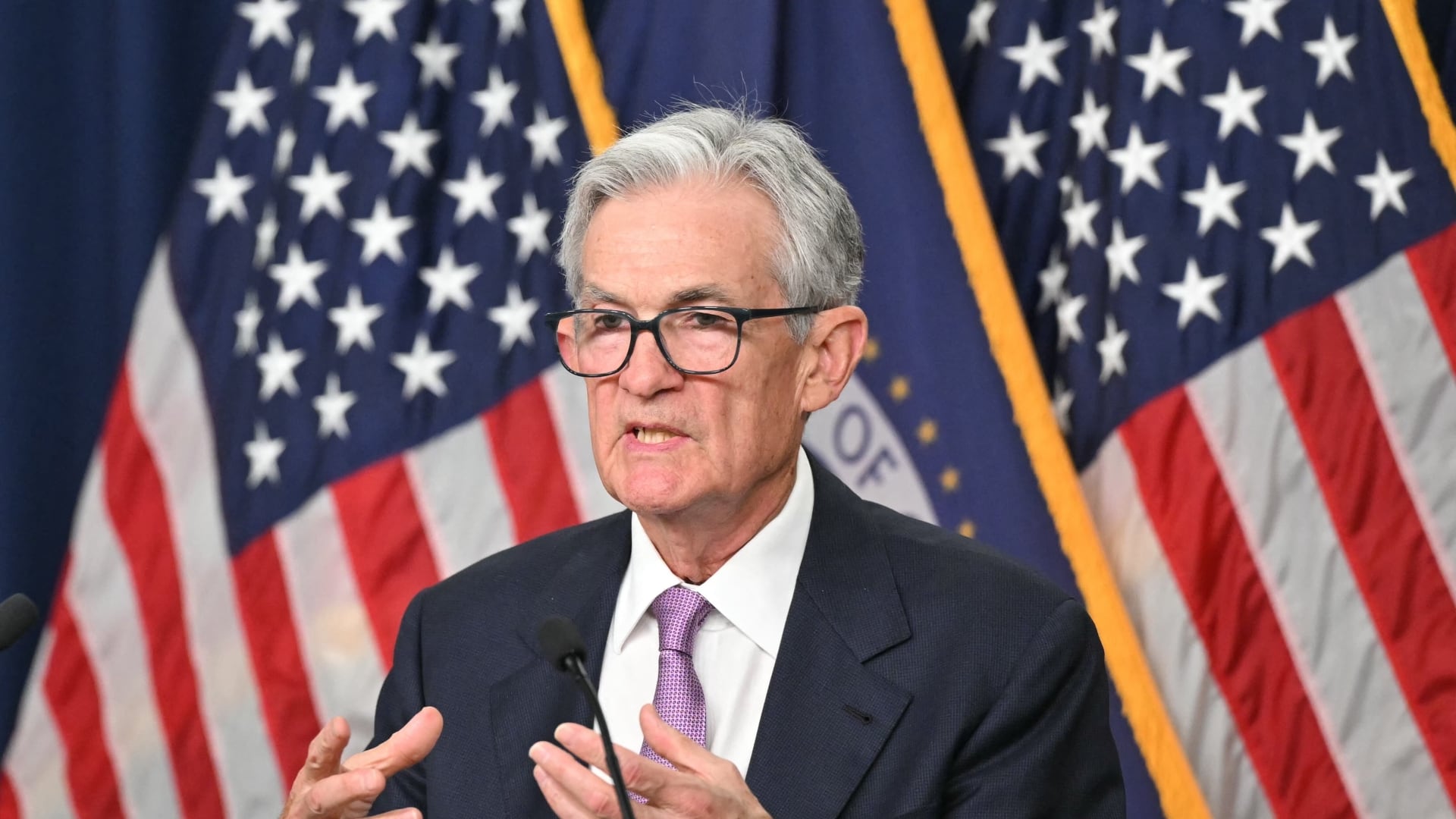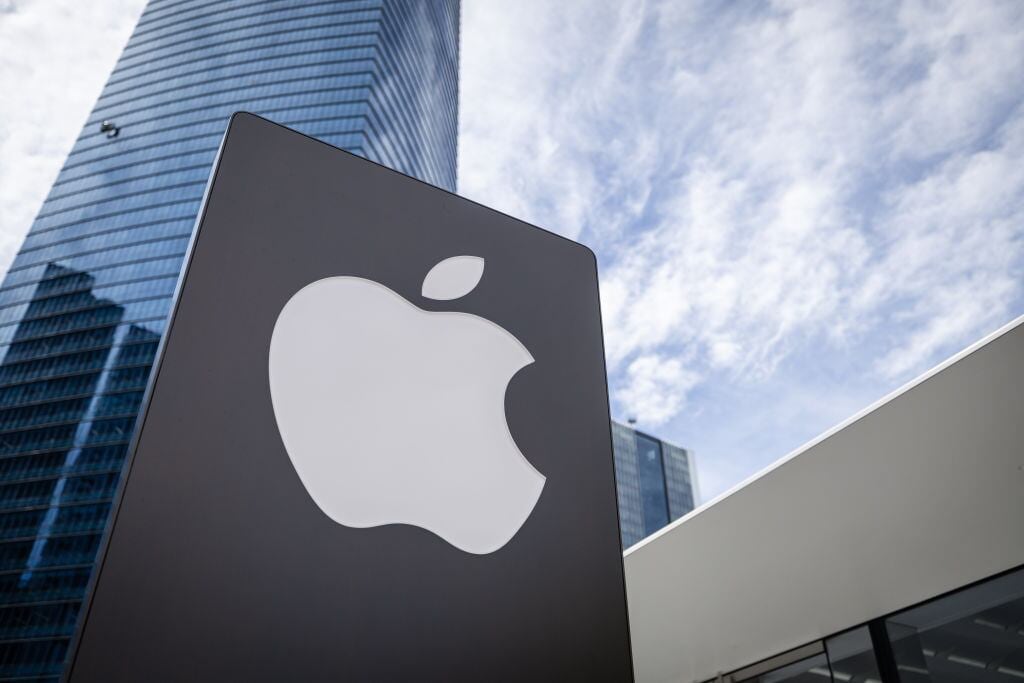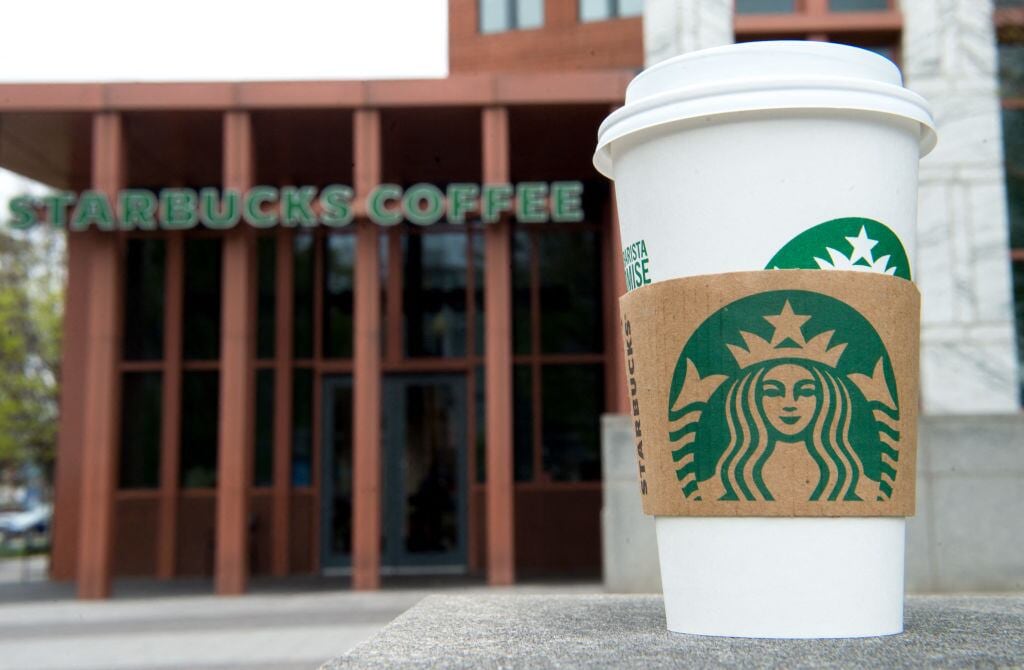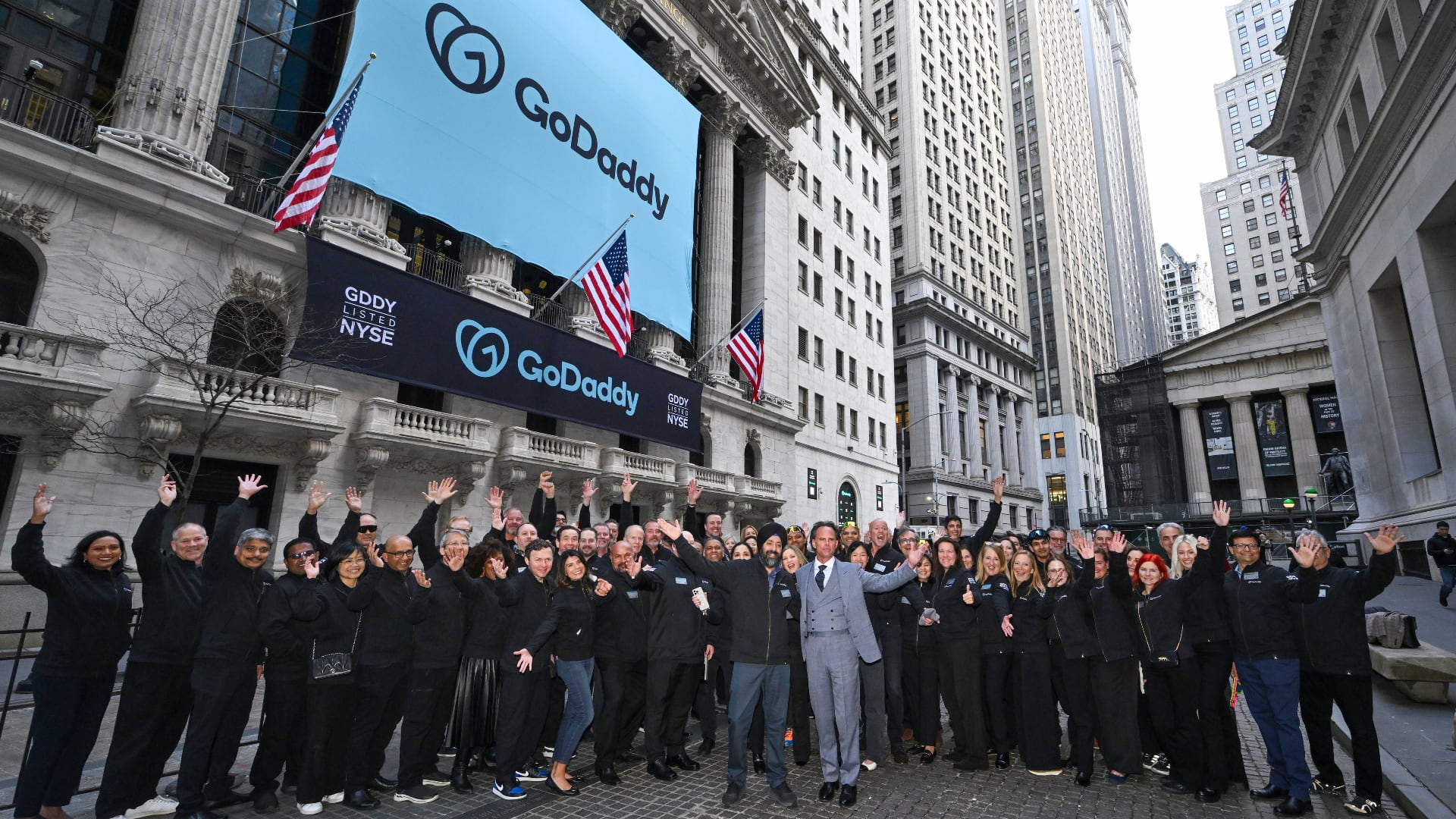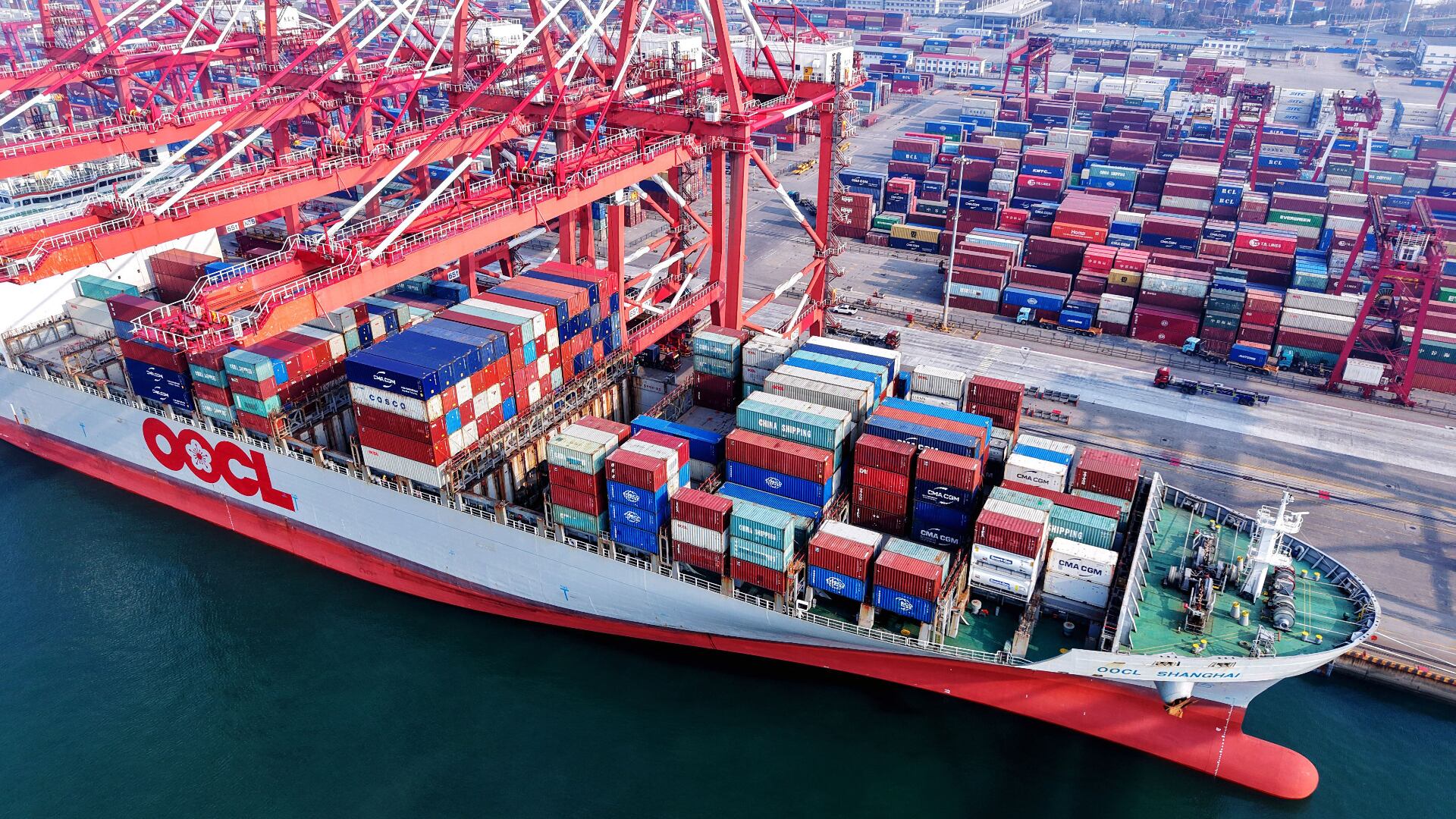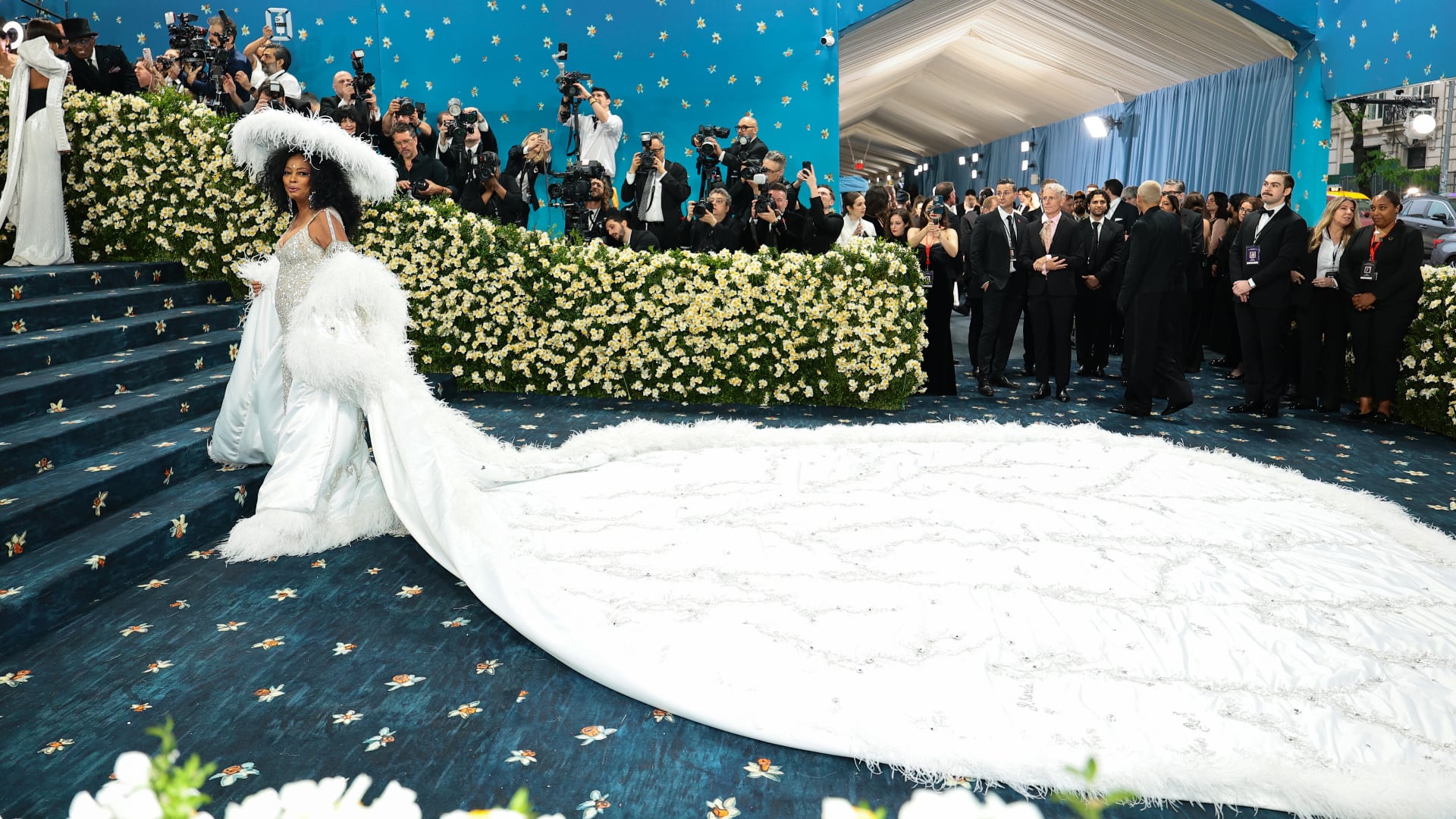*By Lauren Babbage* In an average day, the Federal Aviation Administration sees over 2.5 million travelers, many of them young professionals flying for business. It's a trend, traveling for work, that is growing in popularity among millennials. "This new business traveller, the millennial, they have new ambitions, they have different values, and they have different interests." Stuart Foster, vice president of global marketing at Hilton, told Cheddar. According to a recent study done by Hilton Hotels & Resorts, 39% of young adults go so far as to say they wouldn't take a job that didn't allow them to travel for business. In fact, 75% of young professionals see business travel as a major work perk, with 65% considering it a status symbol. Hilton sees this as an opportunity to adjust its hotel rooms to accommodate those different interests. The study revealed that 65% of young business travelers regularly pack workout gear but end up not using it. So Hilton has added 'Five Feet to Fitness', a workout center in guests' rooms so they can squeeze in a quick workout. Each room's fitness area includes a stationary bike, weight systems, yoga mats, and on-demand videos. In addition, Hilton is changing and innovating the traditional room service concept. Instead of delivering a cart of food to your door, it has developed a grab and go concept of fresh food. "This is the way people are traveling." Foster says "They want \[food\] quickly, and they want it fresh." So forget the old-school idea of just using your hotel room to sleep. If Hilton has its way, travelers will be spending a lot more time *inside* enjoying what hotels have to offer. For the full segment, [click here.](https://cheddar.com/videos/hilton-takes-business-travel-to-the-next-level)
